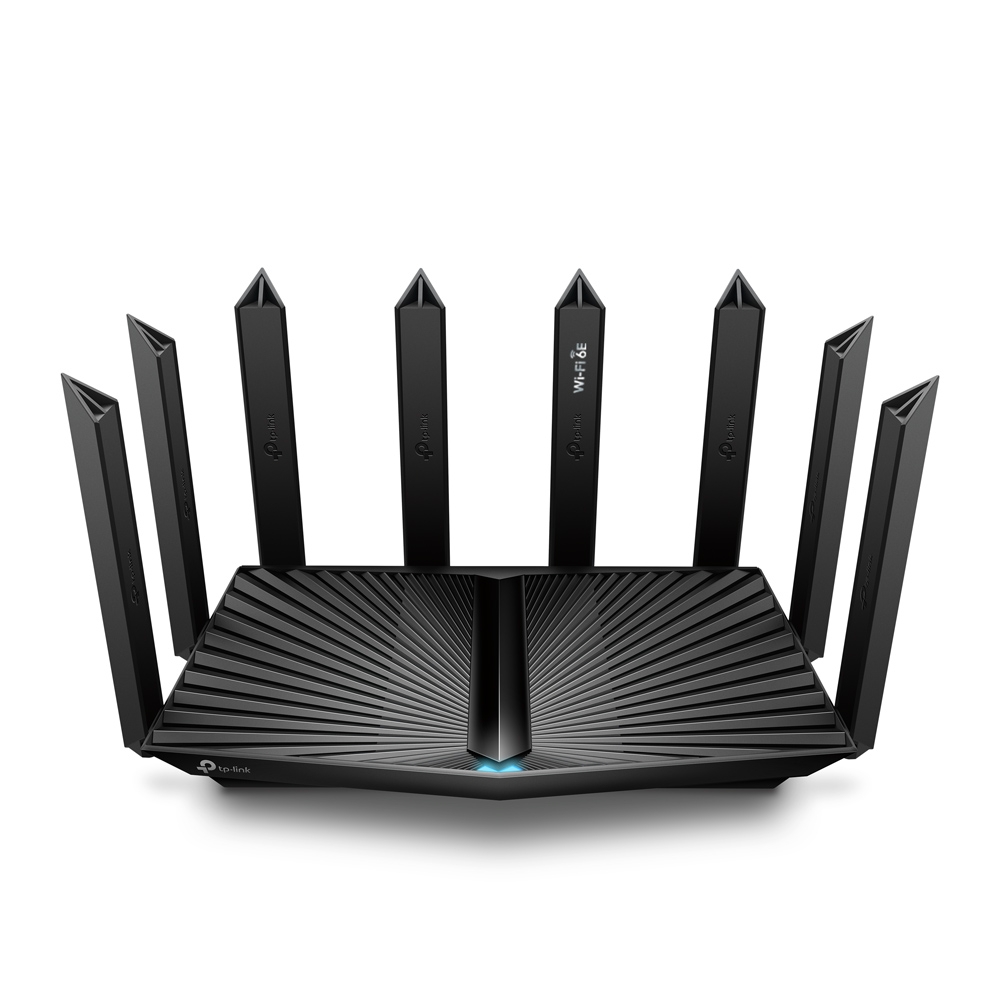DubberDewski
New Around Here
So I wanted to turn an old computer into firewall hardware. Could I use the input connection on the motherboard to utilize the hardware on the computer and output on a PCIE NIC to my router while running pfSense on Linux? or would it be better to sell my computer and get an open platform device to manage it? I don't use it and the socket isn't upgradable. I would have to replace the whole computer for more modern performance but it still handles r6s on ultrawide monitor and medium high settings 1080p.
AM3+ FX 6 core 3.9ghz 6350
16gb of G.Skill Ribjaws DDR3 memory
120gb SSD for OS and immediate games (currently, might update to NVMe)
Asus GTX 770 2gb
1tb of HDD
750w PSU
Asus Sabertooth 990fx (Realtek RTL8111F 1000 Mbit Support for IPMI: No)
AM3+ FX 6 core 3.9ghz 6350
16gb of G.Skill Ribjaws DDR3 memory
120gb SSD for OS and immediate games (currently, might update to NVMe)
Asus GTX 770 2gb
1tb of HDD
750w PSU
Asus Sabertooth 990fx (Realtek RTL8111F 1000 Mbit Support for IPMI: No)


